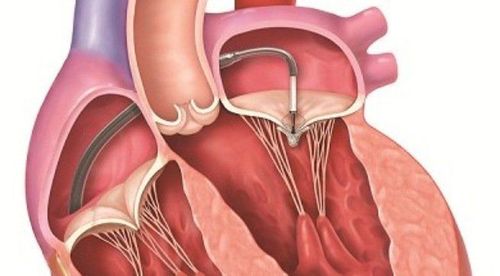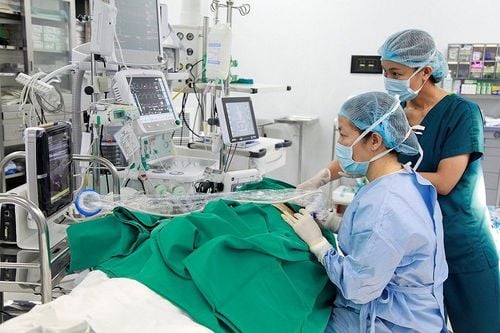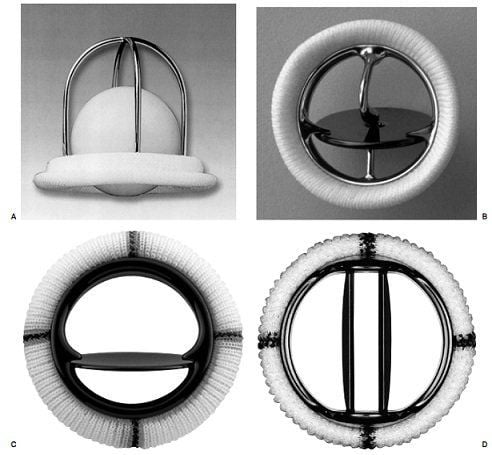This is an automatically translated article.
The article was professionally consulted with Master, Doctor Tran Hong Nhat - Interventional Cardiologist - Cardiovascular Center - Vinmec Central Park International General Hospital.Heart valve disease is a common cardiovascular disease, patients need to be treated and monitored well to avoid dangerous complications that cause disability or death.
1. Heart valve disease
In the early stages, people with heart valve disease often have no special symptoms. As the disease progresses, the patient feels fatigue, heart palpitations, chest pain, shortness of breath with increasing levels of symptoms.If not treated promptly and properly, heart valve disease will cause many complications such as: heart failure, kidney failure, arrhythmia, cerebrovascular accident, pulmonary infarction ...
Methods Laboratory tests help identify heart valve disease such as:
Electrocardiogram: diagnose cardiac arrhythmias and signs of increased heart load at different stages of the disease X-ray: show lesions such as dilated heart chambers , valvular calcification, pulmonary edema, other associated lesions Echocardiography: helps identify valvular lesions such as regurgitation, degree of regurgitation, thickening or calcification of the valve and its organization under the valve. Other subclinical tests such as hematology, biochemistry, chest CT scan, magnetic resonance imaging, cardiac catheterization... can be used to supplement the diagnosis of the extent and cause of the disease. the most exactly. Based on the clinical symptoms and laboratory results, the doctor will assign the patient to medical treatment or perform surgery to repair or replace the heart valve.
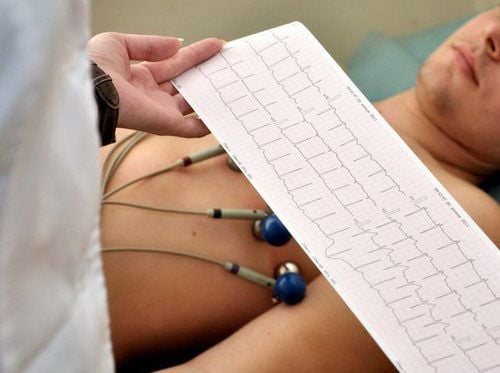
2. Heart valve replacement surgery
When the patient's heart valve status is severely damaged, the patient needs surgical intervention to replace it with an artificial heart valve to prevent the dangerous progression of the disease. In some cases, the extent of the damage is not too much, it is possible to repair the valve to reduce the opening or narrowing of the heart valve.There are usually two types of replacement heart valves: mechanical and biological valves. The surgeon will decide which valve to choose based on factors such as the age of the patient, valve size, financial ability, ability to adhere to treatment, need for pregnancy, childbirth.
2.1 What is a biological valve? Biological valves are valves of animal origin, treated. They are placed on a metal support frame to help position and fix the patient's body.
Using a biological valve with the advantage of being similar to the heart valve of the person being replaced, so the patient does not need to use anticoagulation for a long time after the procedure. The duration of anticoagulation was only 3 months after surgery. However, the life expectancy of the biological valve is not long because degeneration can take place, on average, the biological valve can operate for 8-10 years after being replaced.
2.2 What is a mechanical valve? Mechanical valves are artificial valves made from materials such as metal, carbon, ceramic and plastic with the advantage of having a very long life. But mechanical valves can cause activation of the clotting process, forming thrombus that adhere to the valve, causing stenosis. Patients who need long-term anticoagulation to maintain an adequate level of blood clotting
Patients with mechanical heart valves must take anticoagulants for life. Regular testing of coagulation function should be performed to adjust the dose. Antifreeze. The blood clotting level must be within the allowable limits, to prevent thrombus formation, as well as not excessively to cause bleeding and hematoma complications.
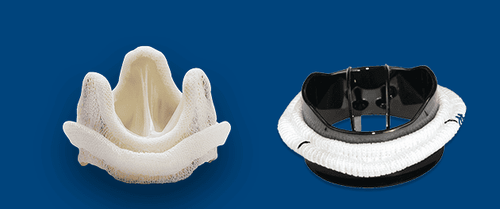
Regular check-ups according to the appointment of the cardiologist treating you. In the first 3 months after surgery, you need to be examined regularly, to check the medication regimen and adjust the dose accordingly. then periodically check at least 2 times/year. Check weight daily, stabilize weight. You should not be too worried when you may lose weight in the first 3 weeks after surgery. If you gain more than 2.5 kg, you need to see a doctor immediately because this is a bad sign after surgery. A nutritionally complete diet to ensure post-surgery recovery. Limit salt intake and foods containing a lot of salt (melon, salted eggplant, dried fish, canned foods, fast food...) after heart valve replacement surgery. You should pay attention to vegetables because dark green vegetables can also affect the effect of anticoagulants you are taking. Appropriate physical activity such as regular walking, gently avoid forcing the heart to do strenuous activity. Gradually increase the intensity of activity each day, after surgery, most people can walk 3 - 4 km per day. Return to work after 4-6 weeks of recovery from surgery. A few cases still have significant heart failure after surgery, they are unable to return to their previous work. Sexual activity avoids strong effects on the chest while your sternum is healing. You should take the medicine exactly as prescribed by the doctor, do not take any more medicine without a prescription. After surgery, it is necessary to use anticoagulants regularly to prevent thrombosis due to artificial heart valves. You need to follow the medication use carefully, take the medicine exactly as prescribed. If you forget to take your medicine, ask your doctor for specific advice. Heart valve surgery is an effective treatment for heart valve disease, improving health and quality of life for patients. Your health can improve every day. Your recovery is highly dependent on your exercise regimen, physical activity and adherence to treatment.
Replacing an artificial heart valve is one of the major surgeries, requiring a team of highly qualified doctors, modern equipment and machinery. With just a small mistake, the patient will also be in danger. Therefore, when deciding to replace an artificial heart valve, you should choose a reputable and quality medical facility.

TAVI percutaneous aortic valve replacement
● High technology Mitra Clip - transcatheter mitral valve regurgitation
Aortic stent grafting
ICD implantation of automatic defibrillator
Cardiac resynchronization CRT
Coronary angiography and intervention stent placement.
In particular, Vinmec is the only place in Vietnam that is equipped with a Hybrid operating room equipped with advanced equipment such as DSA angiography machine, anesthesia machine with integrated hemodynamic monitoring software closely. (PiCCO system, entropy,...).
Therefore, the Hybrid operating room can meet the requirements of surgery and angioplasty, coronary stenting, aortic stent graft, open heart surgery, congenital heart diseases and heart valve replacement surgery with advanced technology. Modern, least invasive, safest, helping patients recover soon.
The hospital has a team of "cardiology team" that work in unison and support, Cardiology surgeons are always accompanies during the procedure.
Please dial HOTLINE for more information or register for an appointment HERE. Download MyVinmec app to make appointments faster and to manage your bookings easily.






